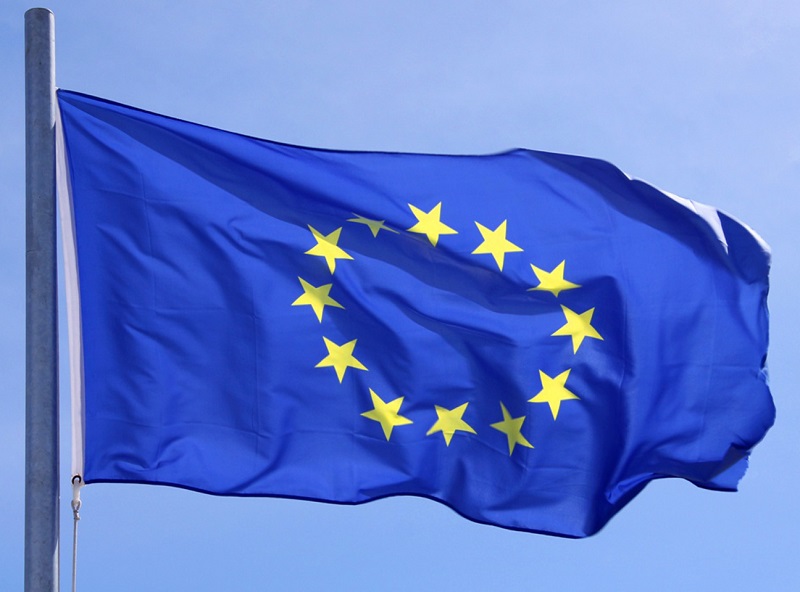The EU is continuing the wrong political strategy in the Balkans

The postponement of the decision to begin accession negotiations could lead to a widespread crisis in the Balkans and Europe
The decision of the EU foreign ministers to postpone the start of the accession negotiations for North Macedonia and Albania until October 2019 can be described, at the very least, as a “cold shower”.
The two countries, according to the text of the conclusions of 26 June 2018, have fulfilled the necessary reforms of the conditions for the start of the negotiation process for their accession into to EU. At the Foreign Ministerial Council of 18 June 2019, the EU Foreign Ministers were unable to decide on the initiation of the negotiations and postponed the issue for October 2019.
The first reaction came from the Bulgarian Foreign Ministry, where the minister Ekaterina Zaharieva expressed her regret for the postponement of the decision.
Bizarrely, the Greek Foreign Ministry did not comment on the decision to postpone the discussion for October, while the zero reference to the 1 year anniversary of the signing of the historical Prespa Agreement on 17 June 2018 made quite an impression. This is an agreement that upgraded Greece’s role in the Balkan region and became an international symbol for the peaceful settlement of bilateral disputes. The only mention was by Greek Prime Minister Alexis Tsipras at the Summit of the Southern EU countries in Malta, where he asked for the start of the accession negotiations on 14 June.
On the other hand, four former Foreign Ministers, in a joint statement, according to information of the IBNA, call on the EU to start the accession process as was decided in June 2018, stressing the importance of this enlargement for the region and for Europe, for the security, stability, democratization and solvency of the European Union. This joint declaration is signed by the former Foreign Ministers of Albania Ditmir Bushati, of Bulgaria Daniel Mitov, of Greece Nikos Kotzias and of Cyprus Ioannis Kasoulides.
It is not the first time that the EU is applying different criteria for the Balkan region in comparison to other regions such as the Baltic or Eastern Europe, where the entrance of these countries into the EU was dealt with as a matter of urgency.
As a first justification for the accession of the countries of the former Soviet Union in the Baltic and the countries of the former Warsaw Pact, was their independence from the Russian Federation and the creation of a Euro-Atlantic frontier on the Russian border.
In the Balkans, however, after the partition of Yugoslavia with the countries of the EU as the main culprits, most of the countries were left at the mercy of political expediencies, intra-European balances and the hostage-taking of these countries, thus enhancing the far-right nationalist movements, corruption and the degeneration of democratic institutions.
Europe, which acts as a guarantor of Peace and Security, became, with its stance towards the Balkans, the sponsor of the division, nationalism, tensions and violation of every democratic institution.
The indecisiveness and obstruction of the integration of the Western Balkan countries into the EU poses risks for the region, potentially triggering tensions and a crisis in Europe. The insecurity and lack of resources for the necessary reforms in these countries can lead them to be influenced by countries such as Russia and Turkey, who want to intervene in the region.
Europe is called upon to decide, without petty politics and delays. The atmosphere in the Balkans is far from ideal and a delay can lead to uncontrollable situations that will not leave the core of the Union untouched.